Why newly-arrived refugees need immediate support for loneliness
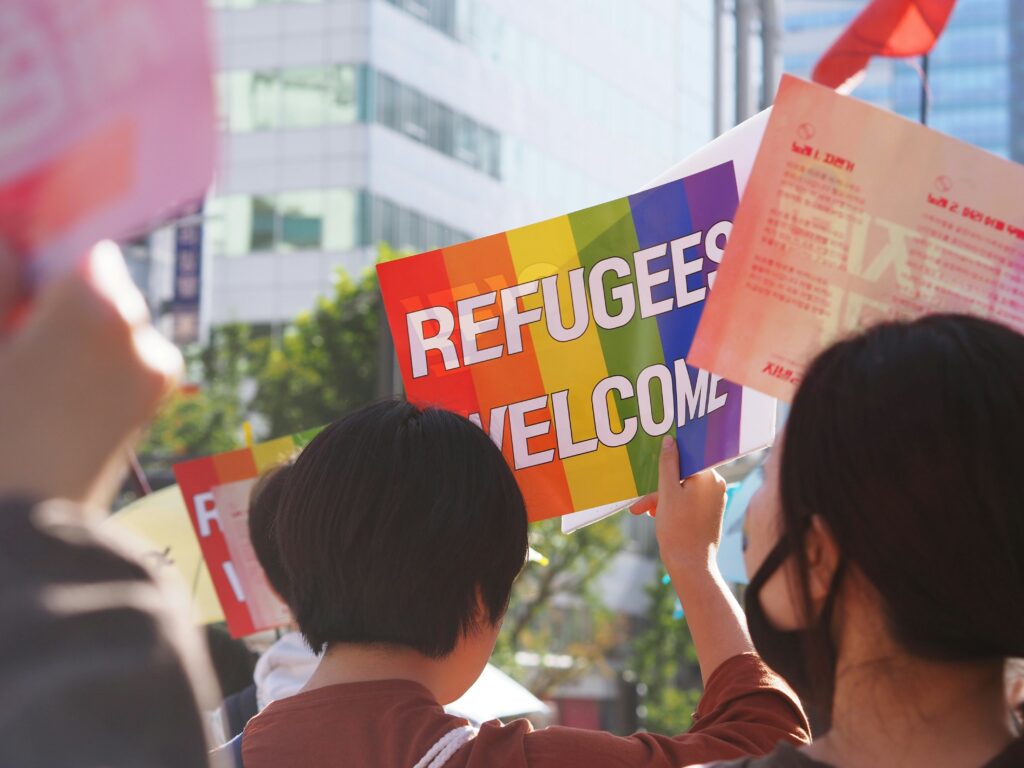
We hear from Tim Leech, Chief Executive at WaveLength, who explains why immediate support for newly-arrived refugees can provide the necessary means to connect.
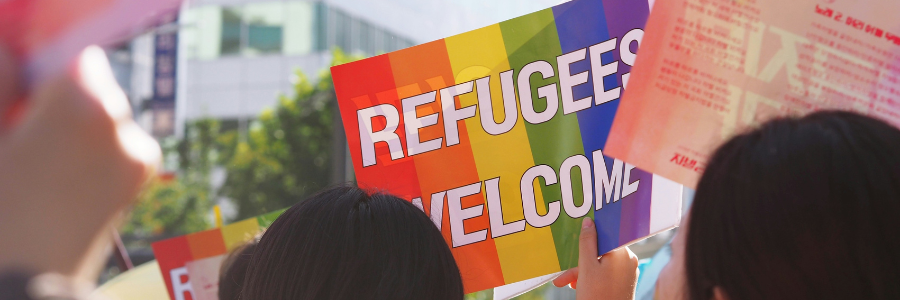
A need to connect
When we think about the needs of refugees when they first arrive in the country, our thoughts go straight to the obvious: accommodation, food, clothes and toiletries. But there’s another form of support they desperately need, and that’s the means to connect.
Most refugees who flee to the UK know little, if any, English. The UK is worlds away from the country they came from, and so the language barrier and culture shock only exacerbate their feelings of loneliness as they grapple with being disconnected from their homeland.
Being able to connect with friends and family in their homeland can make a significant difference to their emotional and physical wellbeing, while also enabling them to remain connected to their language and culture, the latter of which has far-reaching benefits for their country’s recovery when they eventually return home.
Supporting newly-arrived refugees
In recognition of this critical need for connection and the many benefits involved, WaveLength has supported newly-arrived refugees by providing radios, TVs and tablet computers to organisations assisting with refugee resettlement. The majority of these refugees have arrived through the government’s Syrian Vulnerable Person Resettlement (VPR) Scheme, coming directly to the UK from refugee camps around Syria, for example countries such as Jordan and Iraq. This means they have all been displaced from their homes and have experienced the trauma of war and upheaval. The provision of this technology not only helped them to maintain a connection with their homeland and their loved ones, it also made integration into UK society much easier.
In addition to enabling connection via tablet computers, we also learned that the radios and TVs we gifted were extremely effective for providing entertainment and companionship. Many families have young children to entertain until they can enrol them in school, and some simply welcomed the sound of the radio or TV in the background, especially at nighttime.
“Their homes and possessions were destroyed, and they have arrived in the UK with no money. They have been supported to claim UK benefits, but the money they receive from social security is not sufficient for them to purchase non-essential items, such as a television.” – refugee caseworker
“They are still adjusting to the huge challenges of a new life in a new country. They are isolated socially and they have no English yet. They also have a young child under 2 years old.” – refugee caseworker
Recommendations
In stark contrast, responding to the arrival of Afghan refugees has been more challenging due to the absence of an official and well-coordinated scheme like the Syrian VPR Scheme. This has highlighted the need for the Government to establish an effective process for receiving refugees – in consultation with the charities and organisations that can support this resettlement – to ensure that effective support can be delivered swiftly therefore providing meaningful help. Ensuring refugees have legal status and the same rights as UK citizens would be a strong start.
We know the UK will face more mass-intakes of refugees in the future, in fact there’s a very real possibility that we’ll be receiving thousands of Ukrainian refugees soon. That makes now the ideal time for Government to explore the support available from charities and organisations to improve its process and ensure that all newly-arrived refugees’ needs are being considered and met.
As part of this, the Government will need to open up its funding criteria to enable charities like WaveLength to be involved. By exploring these potential partnerships early, we can work together to ensure a coordinated response when the need arises.
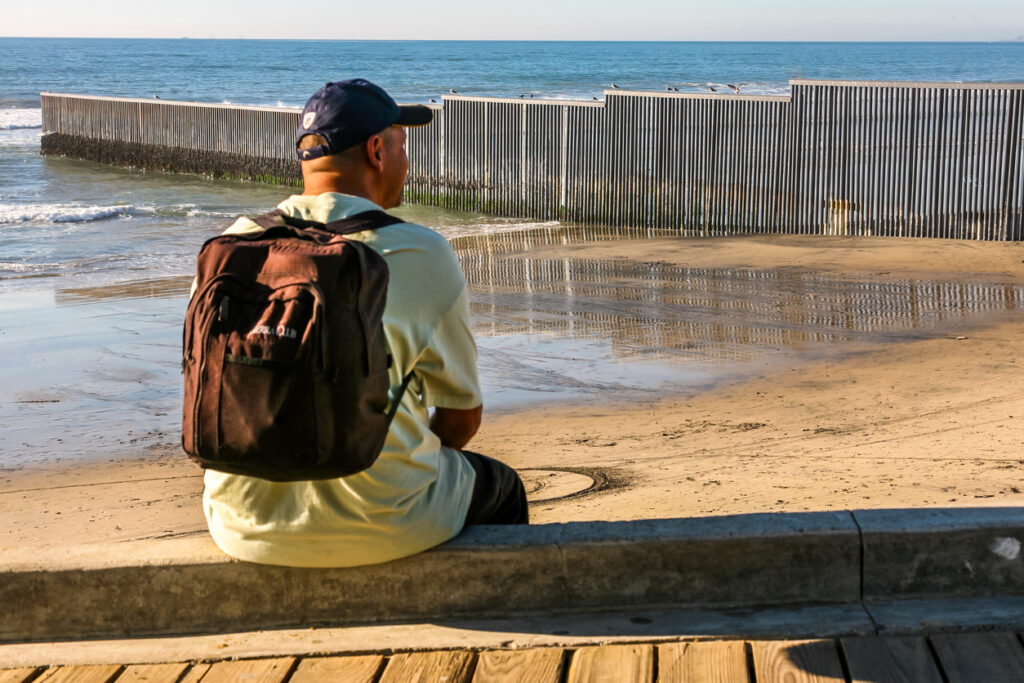
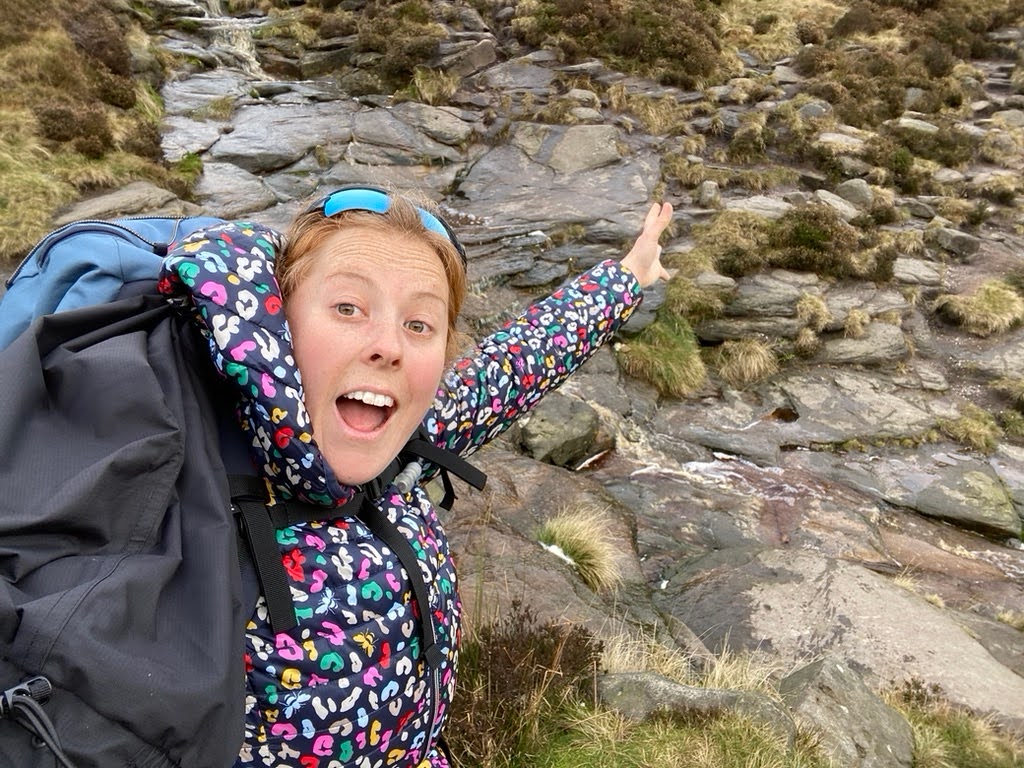
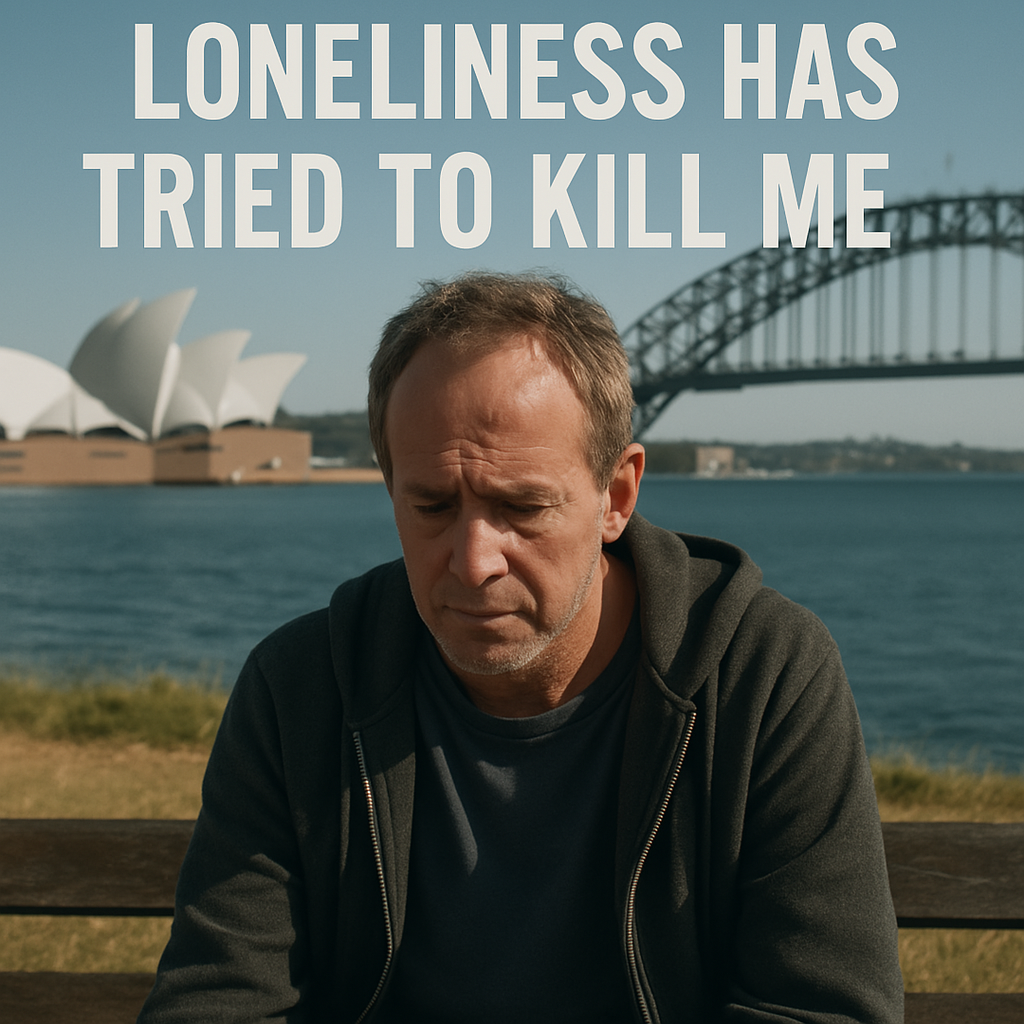

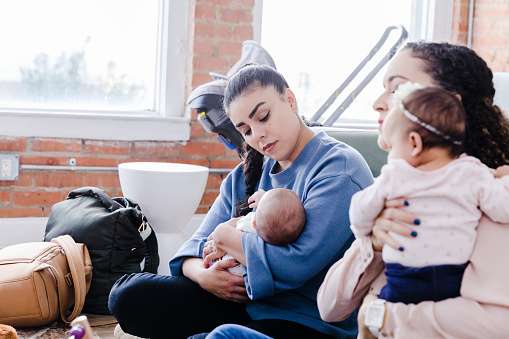
Thank you to Tim @WaveLength for writing this week’s blog post. Does anyone else’s organisation provide loneliness interventions for refugees that you can tell us about?
Befriending Networks have at least 9 or 10 member organisations who support refugees across the UK. Tim .@wavelength if you have any information you would like us to share with these members or you would like more information about these organisations, please get in touch.
Thanks Diane. Tagging @WaveLength and @HannahWaveLength again as there was a little technical glitch with tags last week!